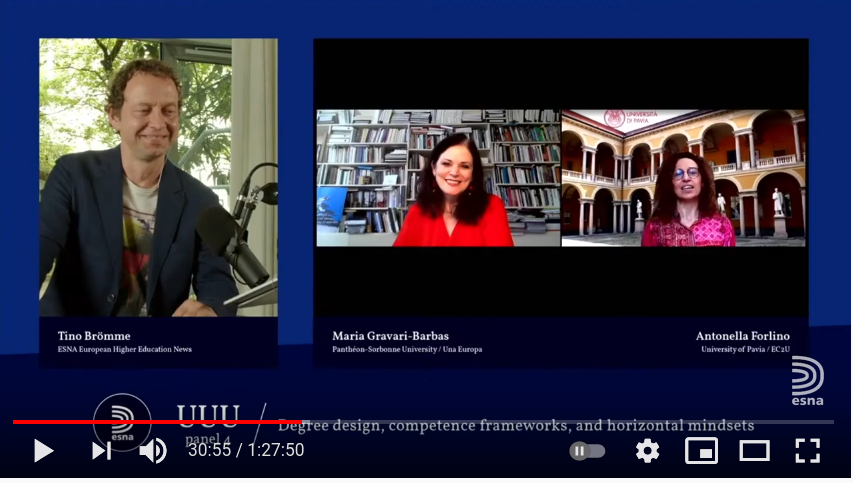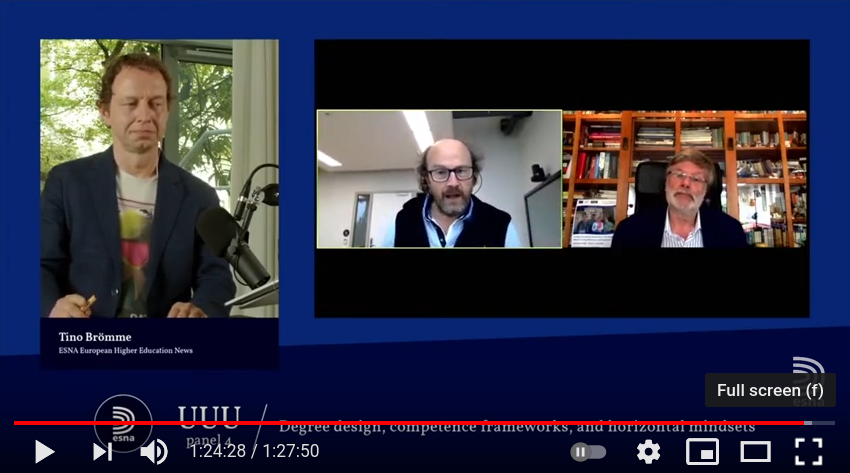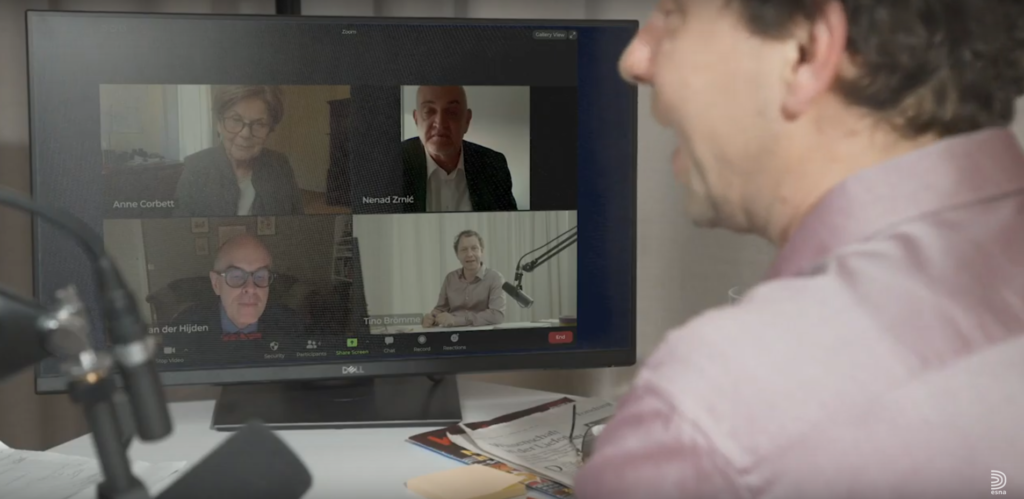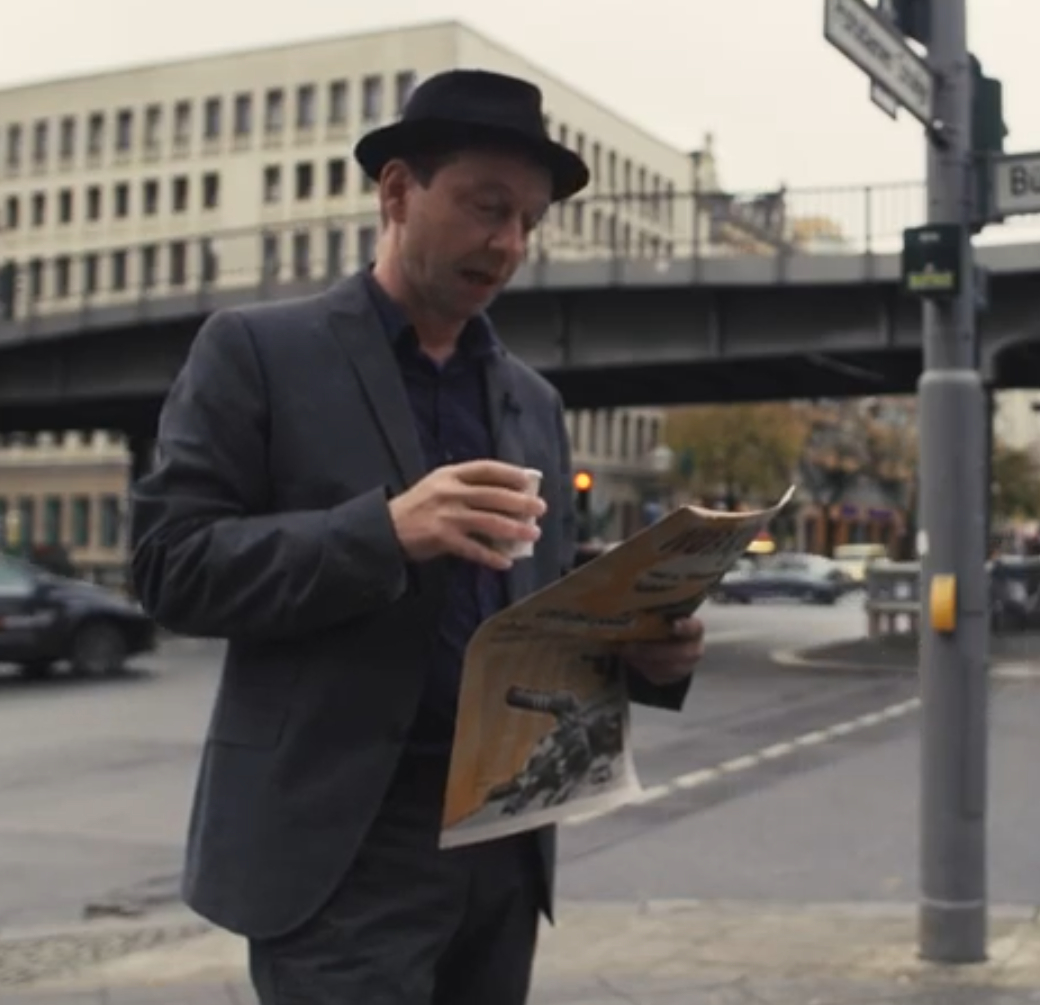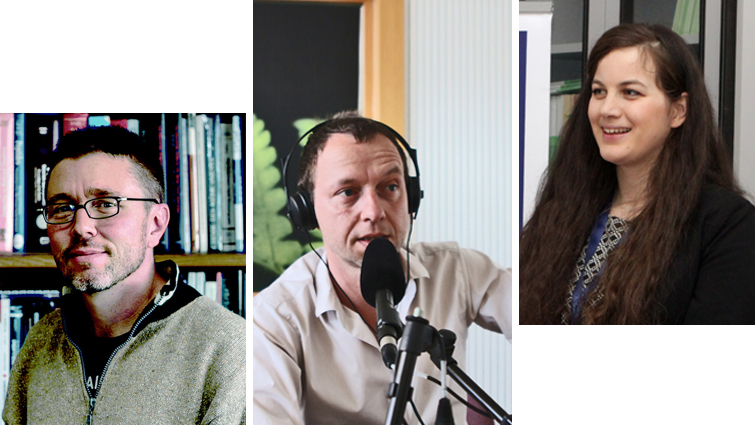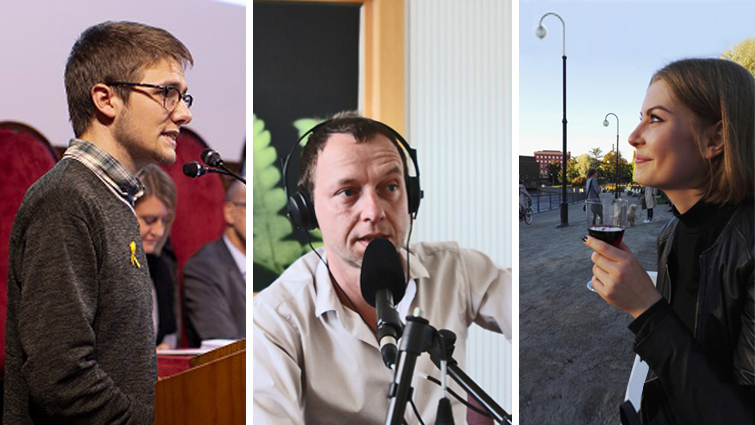Europe, 29 June 2021. The UUU Panel Debate n°5 has invited administrators of European University Alliances to talk about the “Powers of the Periphery. How networking empowers regions and fosters creativity.”
Watch the teaser: youtu.be/RYk4iSzYPSk
What is periphery? Is Brussels an appendix of Berlin? Is Berlin a suburb of Leipzig? Haven’t the inhabitants of the Capitals not always been the marginalised? Are the vitamins not in the skin of the apple, rather than in the core? Is Oscar Wilde right that only shallow people do not judge by appearances, and “the true mystery of the world is the visible, not the invisible…?″ The centre produces the periphery, and how free and diverse universities are, depends on their environment and history, their funding and their inter-relatedness with the world. This discussion wants to learn about European University Alliances, a little what they are, and a lot how international networking might have changed the meaning of periphery in regard to innovation, science and social development.

Guests
Hannes Raffaseder, composer. He is also Chief Research and Innovation Officer, head of the Institute of Media production at Sankt Pölten University of Applied Sciences, near Vienna in Austria, and coordinator of the European University Alliance E³UDRES² led by his university.
Elena Theodoropoulou, Associate Professor at University of the Aegean in Greece in the field of philosophy of education. As Vice-Rector of Academic Affairs & Student Welfare she is academic coordinator on behalf of the UAegean in the ERUA Alliance. Elena teaches and publishes, among other things, about Education and Ethics.
Rónán Ó Muirthile, academic researcher and educator focused on original storytelling and facilitating others in developing the skills and abilities to tell those stories. He works at the Institute of Art Design and Technology in Dublin, Ireland, where he is also responsible for coordinating his school’s part in the European Universities Alliance for Film and Media Arts or FILMEU.
Audronė Telešienė, professor in sociology and communication at Kaunas University of Technology, Lithuania. She is the project scientific lead at KTU of the SMART-ER project, the virtual research institute for smart European Regions at the ECIU University. Her scientific interest lies on the topics related to public governance and sustainable development.
Eric Tschirhart, Professor of Physiology at the University of Luxembourg and Special Advisor to the rector for the university alliance UNIVERSEH and the Université de la Grande Région. Under the team leadership of Eric, the University of Luxembourg will focus on stimulating entrepreneurial skills among students through university-business cooperation, as well as strengthening the sustainability of the network and its communication. Of particular interest for our topic is the University of the Greater region (UniGR), a regional cross-border network of universities founded in 2008, where 7 universities in Belgium, Germany, France and Luxembourg work together.
Florian Schweigert, Vice President for International Affairs at the University of Potsdam, Germany, and coordinates the EDUC Alliance. In our recent interview about EDUC, a new university alliance including the universities of Masaryk, Pécs, Cagliari, Rennes 1, and Paris Nanterre, he explains the alliance’s focus on shared learning and teaching capacities, and short-term collaborative study programmes. ESNA interview, June 2021
Peter van der Hijden, independent higher education strategy advisor who lives in Brussels. He has worked 23 years for the European Commission where he became Head of Sector Higher Education Policy and contributed to the Erasmus programme, the Bologna Process, Horizon and ERA. He now supports European Universities and promotes micro-credentials.
Host: Tino Brömme, ESNA European Higher Education News, www.esna.tv


